On the Literary Means of Representing the Powerful as Powerless
Steven Zultanski
Price: £5.99+p&p
ISBN: 978-1-907468-33-9
Year: 2018
Edition: 500
Pages: 64pp
Binding: softback
Illustration: text only
Dimensions: 115x175mm
On the Literary Means of Representing the Powerful as Powerless is an essay-poem about the ability of literature to pull the rug out from under the appearance of authority. Presented as a non-exhaustive catalogue of techniques for depicting the inherent weakness of power, it continually strays into critical commentary, sinuous digression, and bodily autobiography.
Authors (and filmmakers) discussed: Ngũgĩ wa Thiong’o, Joanna Russ, Antler, Gabriel García Márquez, Rosario Castellanos, Elfriede Jelinek, John Cassavetes, Krishna Baldev Vaid, Trisha Low, Jane Austen, Sam Greenlee, Chantal Akerman, Doris Lessing, Émile Zola, Margery Kempe, Robert Glück, Claire Denis, Patricia Highsmith, Alice Notley.
“Literary Means is a brilliant treatise on power and the uses of literature. It is nicely reasoned and Steven Zultanski doesn’t so much risk the obvious as aspire to it, as the Latin poets did. ‘And all I’m trying to say, which I’m sure you already know….’ But his examples have so much reach that Literary Means attains a far-flung poetry. Zultanski fashions this act of communal enquiry—What oft was thought—with ‘examples’ that make a kind of community—but ne’er so well express’d—and most of all through his performance of the genre itself, the tender intimacy of the narrator and his insistence on locating the conversation and the transmission of stories inside their social realities. Literary Means is also an autobiography, and surely it is the tenderest analysis of a brutal subject. ‘People are at odds with themselves, and power is never coherent.’”
—Robert Glück
“I’ve been haunted by the last sentence of Rulfo’s Pedro Páramo, the story of a cruel cacique’s demise, ever since I read it: ‘He fell with a thud against the ground and began crumbling as if he were a pile of stones.’ Think of literature as a mano a mano between authors and the authority figures tackled in their texts. As artificers of their characters and their fates, authors tend to prevail—they know more than the powerful. But here, Zultanski’s author undermines himself in both poignant and darkly comedic ways. His stomach growls, he falls short, he dispenses pointed yet obvious insight. Moreover, he claims to have written the book in one day, with examples culled from memory! How could his random taxonomy not be unreliable, or incomplete? He resists turning himself into an authority on authorities as represented in literature, and that’s this book’s poetry.”
—Mónica de la Torre
Steven Zultanski is the author of several books of poetry, most recently Honestly (BookThug, 2018) and Bribery (Ugly Duckling Presse, 2014). His critical writing has appeared in 4 Columns, Art in America, frieze, the Los Angeles Review of Books, Mousse, and elsewhere. In January 2017, an art exhibition inspired by his book Agony (BookThug, 2012) entitled You can tell I’m alive and well because I weep continuously was shown at the Knockdown Center in Queens, New York. He lives in Copenhagen.
On Wednesday 17th October 2018 Zultanski will deliver a guest lecture at Leeds Beckett University as part of the prestigious INSIDE/OUT speaking series. From Saturday 13th-Saturday 20th October Steven Zultanski will be poet-in-residence at Shandy Hall in Coxwold, North Yorkshire.
On the Literary Means of Representing the Powerful as Powerless
- Categories →
- Publications
Portfolio
-
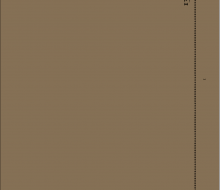
13 March 1911

-
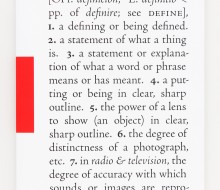
Def.

-
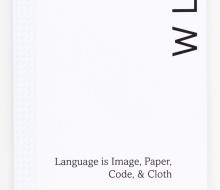
Weaving Language

-
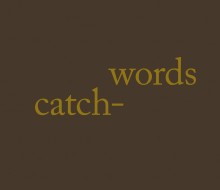
Catch-words

-
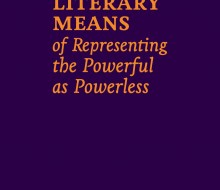
On the Literary Means of Representing the Powerful as Powerless

-

Perfect Love

-
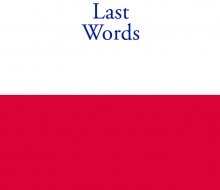
Last Words

-
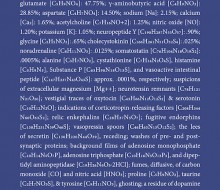
Reading Matters

-
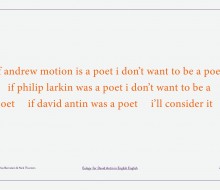
Eulogy for David Antin in English English

-
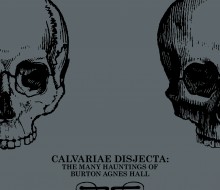
Calvariae Disjecta: The many hauntings of Burton Agnes Hall

-
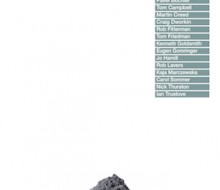
Reading as Art

-
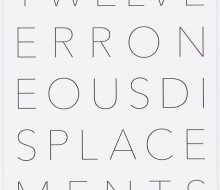
Twelve Erroneous Displacements and a Fact

-

Cartography for Girls

-
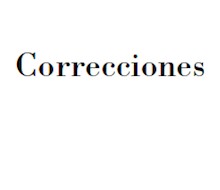
Correcciones

-
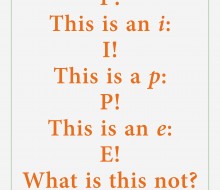
Magritte for Cheerleaders

-
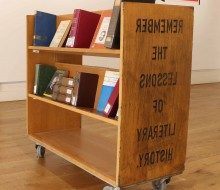
(Expanded Second Edition)

-
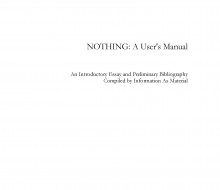
Nothing: A User’s Manual

-
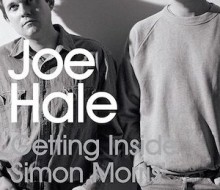
Getting Inside Simon Morris’ Head

-
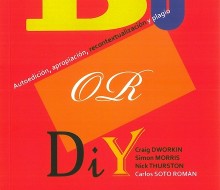
Spanish Do or DIY translation

-
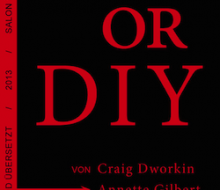
German Do or DIY translation

-
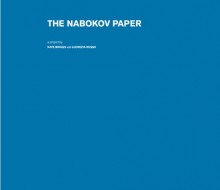
The Nabokov Paper

-

I, Sparkie

-
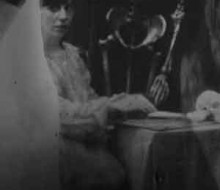
Dis Manibus: A Taxonomy of Ghosts from Popular Forms

-

Learn to Read Differently

-
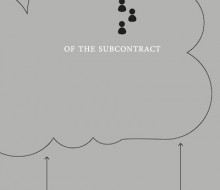
Of the Subcontract, Or Principles of Poetic Right

-
Page 141 2

-

Jaap Blonk, Poet-in-Residence at Shandy Hall

-
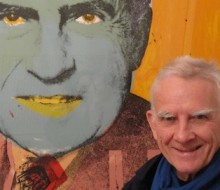
Garry Neill Kennedy, Artist-in-Residence at Shandy Hall

-
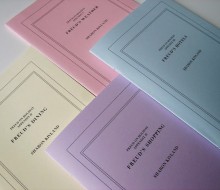
Freud on Holiday: Appendices III and IV, plus full wrapped set

-
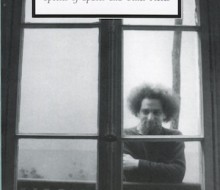
Pigeon Reader

-
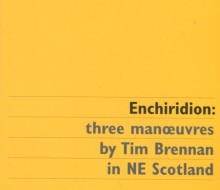
Enchiridion: three manoeuvres by Tim Brennan in NE Scotland

-
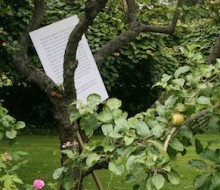
Do or DIY – exhibition 2

-
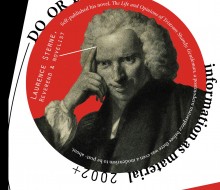
Do or DIY – pocketbook

-
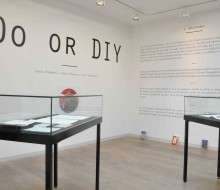
Do or DIY – exhibition 1

-
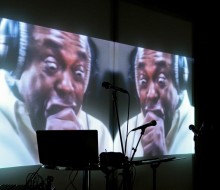
Sucking on Words poetry readings

-
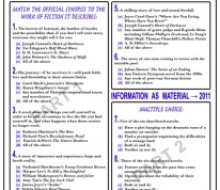
The Man Booker Shortlist Quiz!

-

Reisen II

-
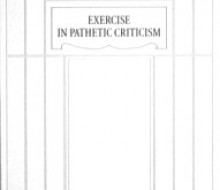
Exercise in Pathetic Criticism

-
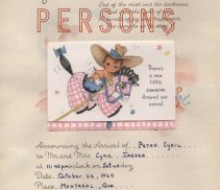
The Persons

-
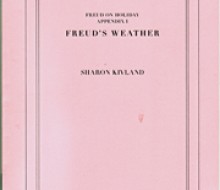
Freud’s Weather

-
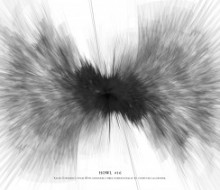
Howl #16

-

Have a Peck at Perec, tote bag

-
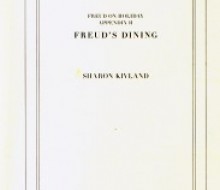
Frued’s Dining

-
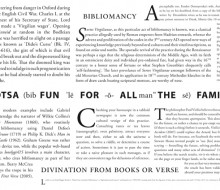
Bibliomancy: Lotsa Fun For All The Family

-
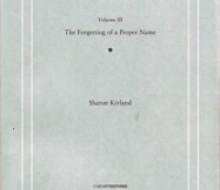
The Forgetting of a Proper Name

-
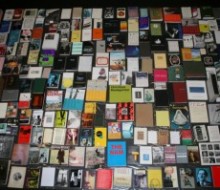
Summer School for Literary Perverts

-

Poetry Readings in Leeds

-
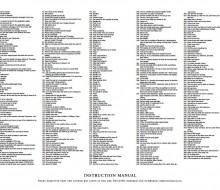
Instruction Manual

-

information as material residency

-
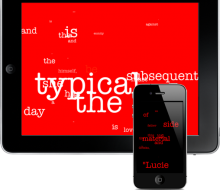
Re-Writing Freud app

-

Getting Inside Jack Kerouac’s Head

-

Making Nothing Happen DVD

-
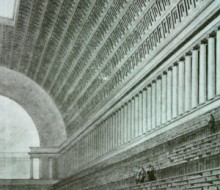
The Perverse Library

-

The Perverse Library exhibition

-
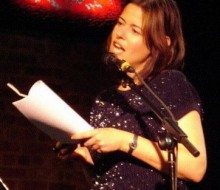
Robert Fitterman & Kim Rosenfield Residency

-

Freud and the Gift of Flowers

-
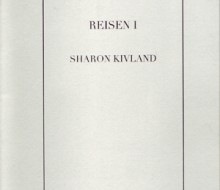
Reisen I

-
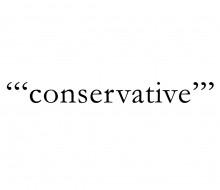
THE IDEOLOGY OF DAVID CAMERON’S PARTY

-

Marie-Josée Jean & Klaus Scherübel Residency

-
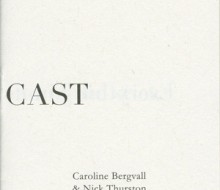
THE DIE IS CAST

-
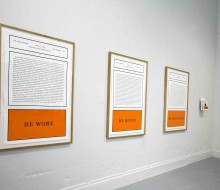
He

-

Historico-naturalis et Archaeologica ex Dale Street

-
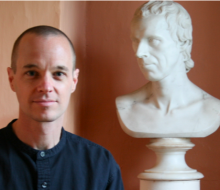
Craig Dworkin Residency

-

The Voice and Nothing More: an academic mash up

-
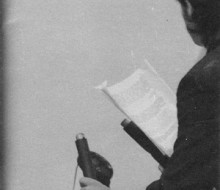
Spinning Vol. II: De-Centering the Self

-

A Perverse Library

-

An Agent of the Estate

-
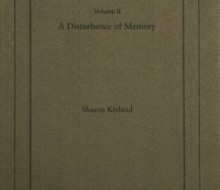
A Disturbance of Memory

-
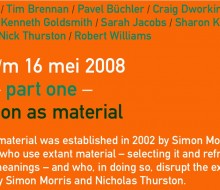
Iam Survey Exhibition

-

A One Day Bookshop for Experimental Literature

-
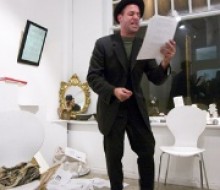
Kenneth Goldsmith Residency

-
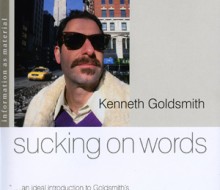
sucking on words DVD

-

Historia Abscondita (An Index of Joy)

-

L’esprit d’escalier

-

We Report Here

-
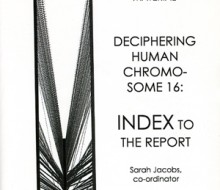
Deciphering Human Chromosone 16: Index to the Report

-
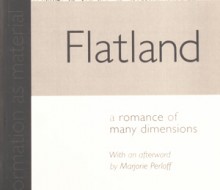
Flatland: A Romance of Many Dimensions

-
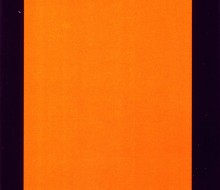
Reading the Remove of Literature

-
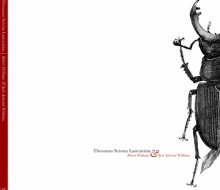
Thesaurus Scienta Lancastriae

-
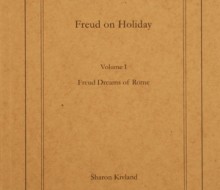
Freud Dreams of Rome

-

Re-Writing Freud

-
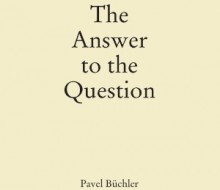
The Answer to the Question

-
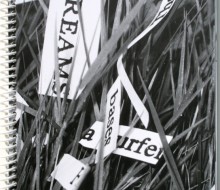
Royal Road to the Unconscious

-
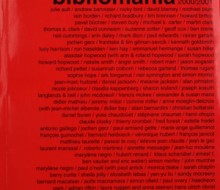
bibliomania 2000-2001

-
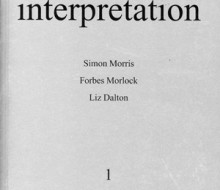
Interpretation vol.I

-
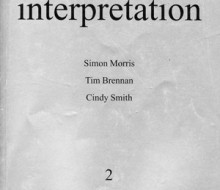
Interpretation vol. II

-
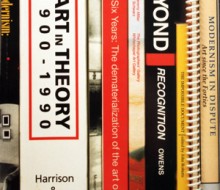
bibliomania 1998-1999


